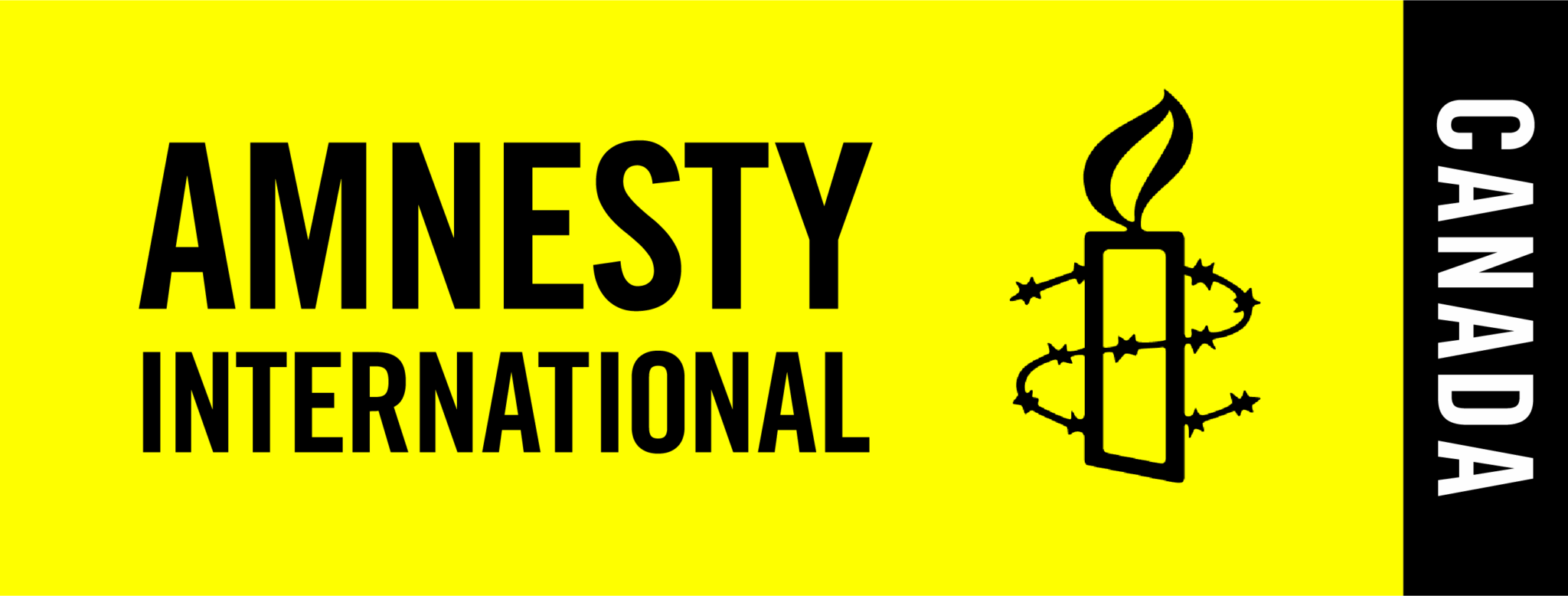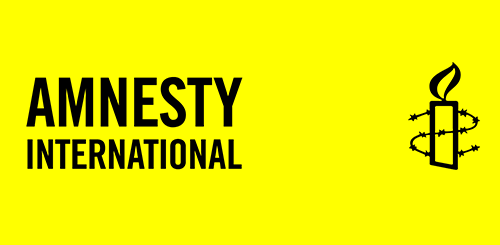Responding to an announcement by the Democratic Republic of the Congo (DRC) government that it is launching a new drive to tackle child labour in cobalt and copper mines, Seema Joshi, Head of Business and Human Rights at Amnesty International, said:
“Child labour and other human rights abuses have tainted the mining industry in the DRC for far too long, and we welcome the news that the government finally appears willing to tackle the problem.
“When we first revealed that children were risking their lives doing back-breaking work in cobalt mines for products like smartphones and car batteries, there was outrage and rightly so. But child labour is not an isolated problem. The reality is that adults are risking their lives in hazardous conditions and earning a pittance to mine one of the world’s most lucrative minerals. If the DRC government is serious about eliminating human rights abuses in cobalt mines, it must address the root causes.
“Any program to end child labour must include child protection and social welfare measures, like ensuring children removed from the mines are integrated back into the school system or given technical training. Proposals to improve monitoring of informal mines are a good start, but the bigger picture for child labourers still looks bleak and half measures simply won’t cut it.”













